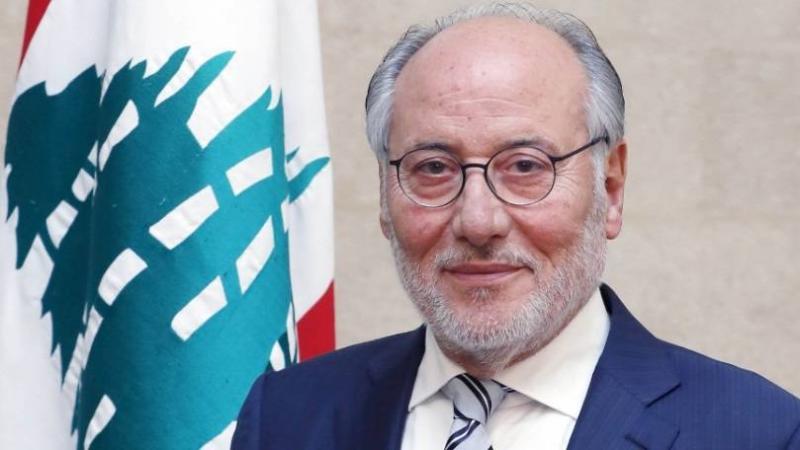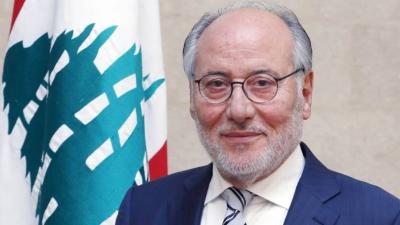In the presence of heads of educational associations (basic, secondary, and vocational) and representatives of contractors from all categories, along with essential employees at the Ministry of Education, Minister Abbas Al-Halabi held a press conference yesterday where he openly acknowledged, for the third time in less than a month, "the lack of funds to cover incentives for workers in the educational field," blaming this on the "donor entities who have an uncomfortable, if not negative, stance towards the Lebanese authority." Consequently, he stated that the amount of $130 has been definitively dropped and is no longer in circulation, after the academic year was launched based on the promise of its payment to teachers.
In contrast, Al-Halabi announced a new promise to provide productivity incentives amounting to $5 "for each day of attendance and teaching as two basic conditions," emphasizing that there will be no coverage for absences. He described this announcement as "good news for the teaching staff," which comes in "coordination with donor entities and administration in the ministry." However, according to Al-Halabi, these incentives will only be paid to individual faculty members, thus not covering all workers in the educational field as was the case last year; the $90 that were previously given as incentives were provided to all Ministry of Education employees, whereas this time it is limited only to teachers. Additionally, "mechanical workers in schools and secondary schools, data entry personnel, and users will not receive it." Furthermore, "productivity incentives," or the daily $5, will not be paid retroactively for the earlier part of the current academic year; they will be calculated starting from January until the end of the school year. Al-Halabi placed the responsibility on school administrations to verify "the attendance and teaching of teachers," noting that the donor entities would oversee and scrutinize every disbursement.
### Incentives as an Insult
In summary, incentives have diminished from $130 per month to a maximum of $80, considering that teachers usually work 16 days a month (4 days a week), aside from those who limit their attendance to 3 days. Union representatives categorically reject these figures, deeming them "an insult due to their insignificance and the accompanying conditions." They question "the benefit of all this intimidation from the donor entities, who know all the details of the Ministry of Education and its funding channels," rejecting "the burden on teachers who receive only crumbs from its funds regarding the trust issue between them and the state."
Moreover, teacher unions have raised several questions, as "the minister did not clarify how this money will be disbursed without deducting from teachers' salaries," considering he previously mentioned "the necessity of deducting any amount paid as assistance to employees from their salaries according to the budget law to eliminate the idea of not paying incentives."
### Permanent and Contractual Staff
During the press conference, the heads of the associations did not comment on the statements made, and when asked about their position, their response was uniform, stating, "We will hold a meeting and issue a statement." However, the teachers present had a differing opinion; they viewed their presence as tacit approval of everything stated, anticipating a solution that would allow for a return to teaching on Monday, with their primary question being, "What guarantee is there for payment? Have we not learned from past experiences?"
There was a palpable tension between contracted teachers and permanent staff, with contractors expressing their refusal of strikes, asserting to the minister that they see them as "harmful and detrimental to their hours that they do not receive if the strikes are not implemented." They demand "that their educational contracts be fully counted, and all outstanding amounts from last year be paid." Regarding their acceptance of what the minister presented, Hussein Saad, head of the contracting committee in the basic educational sector, indicated, "They consulted the representatives of schools in general assemblies, as the overall situation is tense and teachers are dissatisfied due to not receiving their dues for the first semester."




